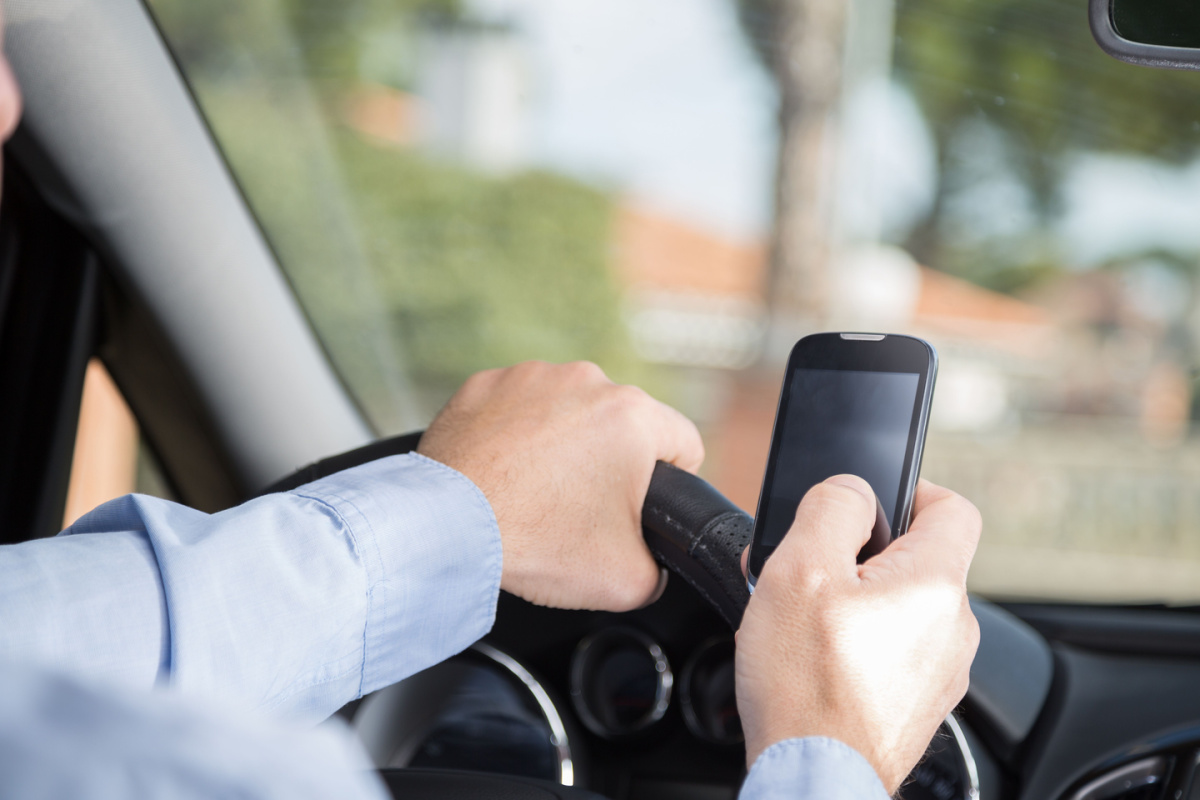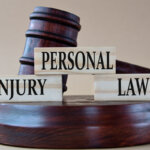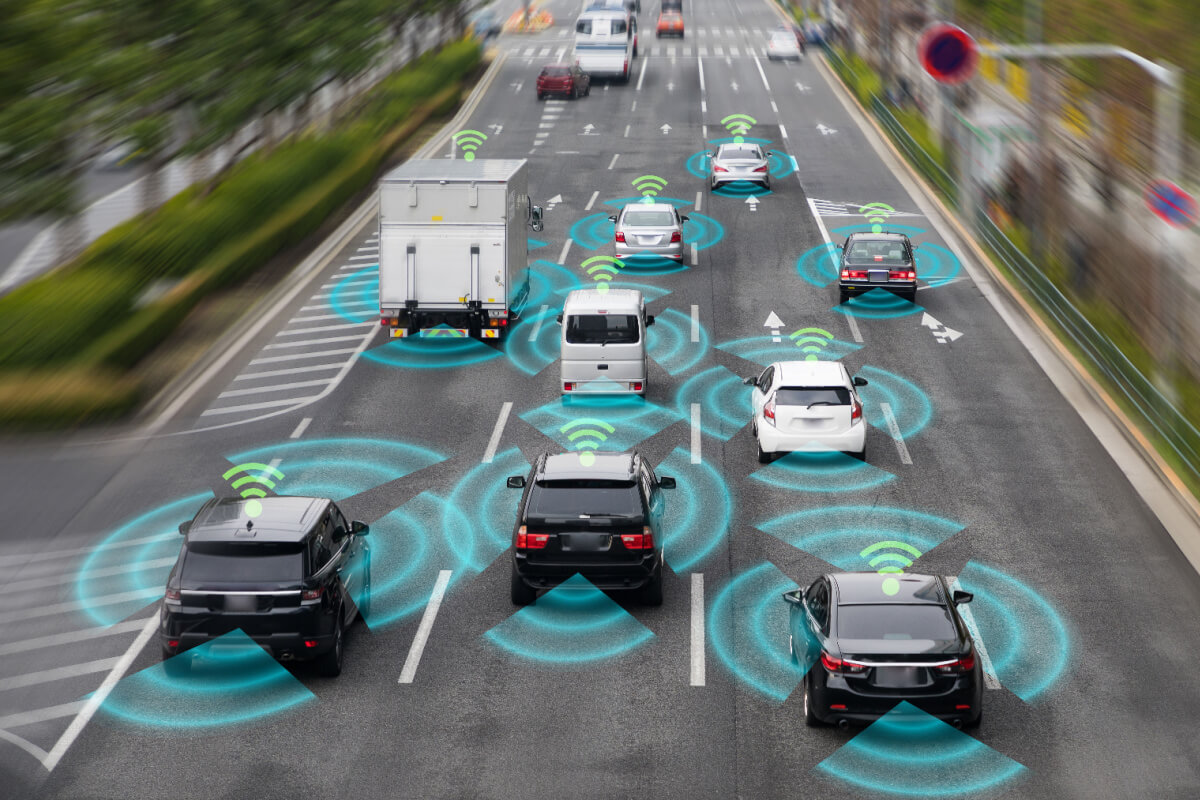
Distracted driving is one of the leading causes of accidents in the U.S., and Louisiana is no exception. From texting behind the wheel to eating and changing the radio, any activity diverting attention from the road can have devastating consequences. In this post, we’ll explore the legal implications of distracted driving, how to establish fault and the potential compensation you can claim if you’ve been affected.
What is Distracted Driving?
Distracted driving occurs when a driver engages in activities that divert their attention from the road. These distractions are often categorized into three main types:
- Manual Distractions: Actions that require the driver to take their hands off the wheel, like texting, eating, or adjusting the GPS.
- Visual Distractions: When the driver takes their eyes off the road, such as looking at a phone or reading a map.
- Cognitive Distractions: The driver’s mind is not focused on driving, perhaps due to stress, daydreaming, or conversations.
Texting and Driving: A Major Concern
Texting while driving is a significant example of all three types of distractions—manual, visual, and cognitive. It has become one of the leading causes of traffic accidents in the U.S. According to the National Highway Traffic Safety Administration (NHTSA), texting increases the risk of a crash by 23 times.
Other Common Distracted Driving Behaviors
While texting grabs the most attention, other distractions are equally dangerous. Eating, applying makeup, and adjusting the radio are frequent causes of distracted driving accidents. Even engaging in a conversation with passengers can cause cognitive distractions.
Distracted Driving Laws in Louisiana
Louisiana has enacted strict laws to combat distracted driving. These include:
- Texting Ban: It is illegal for all drivers to text while operating a vehicle.
- Cell Phone Restrictions in School Zones: Hands-free cell phone use is restricted in school zones to prevent distractions.
- Learner’s License Restrictions: Drivers with a Class “E” learner’s or intermediate license are prohibited from using a cell phone except when it is hands-free.
While these laws are designed to reduce distracted driving incidents, violations can still occur, leading to serious legal consequences for those at fault.
Legal Ramifications of Distracted Driving
When an accident is caused by distracted driving, the driver at fault may face several legal consequences. These can include:
- Traffic Violations: Drivers caught texting or engaging in distracting behaviors may face fines, license suspension, or other penalties.
- Insurance Liability: If the distracted driver causes an accident, they may be liable for property damage, medical bills, and other related expenses.
- Personal Injury Claims: Victims of distracted driving accidents can opt for personal injury claims to recover damages for their medical bills, lost wages, and pain and suffering.
How to Establish Fault in Distracted Driving Cases
One of the most critical aspects of a distracted driving case is establishing who was at fault. This can be challenging, but several sources of evidence can help:
- Eyewitness Testimonies: Witnesses who saw the distracted driver can provide valuable testimony about the driver’s behavior leading up to the accident.
- Police Reports: Officers can include essential details in the accident report, such as the presence of a mobile phone or the driver admitting to being distracted.
- Traffic Camera Footage: Cameras along the road can provide visual proof of the driver’s actions.
- Driver Admission: Sometimes, the driver may admit to being distracted, confirming their fault.
Using Technology to Prove Distracted Driving
Modern technology plays a significant role in gathering evidence of distracted driving. Some of the essential tools include:
- Cell Phone Records: Mobile phone data can indicate if the driver was texting, calling, or browsing the web during the accident.
- Event Data Recorders (EDRs): Similar to an airplane’s black box, many modern vehicles are equipped with EDRs that store data on the vehicle’s speed, braking, and steering before a crash.
- Dashcams and Security Cameras: Video footage can show the driver’s behavior that led to the accident, providing solid evidence of distraction.
Comparative Negligence in Louisiana
Louisiana follows a rule called comparative negligence. This means that if multiple parties share responsibility for an accident, their compensation is reduced based on their level of fault.
For example, if a driver is 40% at fault due to distraction but the other driver was speeding and 60% at fault, the distracted driver’s compensation would be reduced by 40%.
This rule can significantly affect compensation, so it is essential to prove that the other driver was primarily at fault for the crash.
Pursuing Compensation After a Distracted Driving Accident
If you’ve been involved in a distracted driving accident, you may be entitled to compensation for several damages. These can include:
Medical Expenses
The costs of medical care after a car accident can be significant. From ambulance fees to surgery, therapy, and long-term care, seeking compensation for all these expenses is crucial.
Lost Wages
If your injuries prevent you from working, you may be eligible for compensation for lost wages during recovery. Additionally, if your injuries impact your ability to work in the future, you could seek compensation for future lost earnings.
Property Damage
You can claim compensation for repairs or a total loss if your vehicle was damaged in the accident. This also includes any personal items inside the car that were damaged.
Non-Economic Damages
Non-economic damages are more challenging to quantify but equally important. These may include:
- Pain and Suffering: The physical and emotional distress caused by the accident.
- Loss of Enjoyment of Life: If your injuries prevent you from participating in activities you once enjoyed.
- Emotional Distress: The mental toll the accident takes on your well-being.
Steps to Take After a Distracted Driving Accident
If you’re involved in an accident caused by distracted driving, follow these essential steps to protect your rights:
- Seek Medical Attention: Ensure that a healthcare professional adequately documents all injuries.
- Call the Police: Report the accident and request a copy of the police report.
- Collect Evidence: Gather as much evidence as possible, including photos of the scene, witness statements, and any available digital data (e.g., phone records, dashcam footage).
- File a Personal Injury Claim: Work with an experienced lawyer to file a claim and seek the compensation you deserve.
Why You Should Contact an Experienced Lawyer?
Distracted driving accidents can lead to significant legal complexities, especially when determining fault and negotiating compensation. If you or a loved one has been injured in such an accident, it’s crucial to consult with a qualified accident injury lawyer. They can guide you through the process, gather evidence, and ensure you receive the compensation you deserve.
Contact Alvendia, Kelly & Demarest today to schedule a free consultation. Our experienced team of personal injury lawyers is here to help you navigate the aftermath of a distracted driving accident and fight for your rights.
Conclusion
Distracted driving is a serious issue that can lead to life-altering consequences. Whether caused by texting, eating, or other distractions, these accidents can cause severe injuries and property damage. If you’ve been affected by a distracted driving accident in Louisiana, understanding the laws, how to establish fault, and your right to compensation is vital. Feel free to contact a skilled personal injury attorney to ensure your case is handled correctly, and you receive the justice you deserve.
Categories

In 2003, after being dissatisfied with the quality of legal care for victims of car accidents, Roderick ‘Rico’ Alvendia sought to establish a new firm focused on providing high-quality legal services to aid injured victims and their families. J. Bart Kelly, sharing Rico’s passion for upholding justice, joined the firm later that year, and established a partnership.






